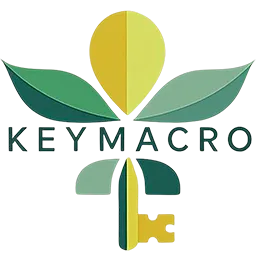Defining Ultra‑Processed Foods: The Federal RFI And WHO’s Next Step
U.S. health agencies opened a request for information to develop a uniform definition of ultra‑processed foods, while the World Health Organization invited experts to help craft a global guideline. A shared, operational definition could align research, labeling, and policy.
Why definition matters
Studies link high UPF intake with cardiometabolic risk, but evidence mixes nutritional quality with processing characteristics. Without a common definition, trials, surveillance, and labeling can talk past each other. Standardizing terms would let reformulation and consumer guidance target the same signals.

Policy landscape
The federal RFI asks which criteria should count, such as ingredient types, industrial processes, or markers like emulsifiers and flavor systems. WHO’s expert call suggests international coordination may follow, which could influence national policy, procurement, and school food standards.

Research snapshot
Recent controlled and observational studies continue to probe mechanisms and real‑world outcomes. As definitions solidify, expect better comparability across trials and clearer guidance for product development.
Sources
FDA/HHS/USDA RFI on defining UPFs (July 2025). WHO call for experts to develop UPF guidance (May 2025).
Ready to turn what you just learned into a plan you can follow?
KeyMacro creates simple, high-protein weekly meal plans in seconds — no tracking, no overwhelm, no complicated decisions.
Start your first plan today.

















